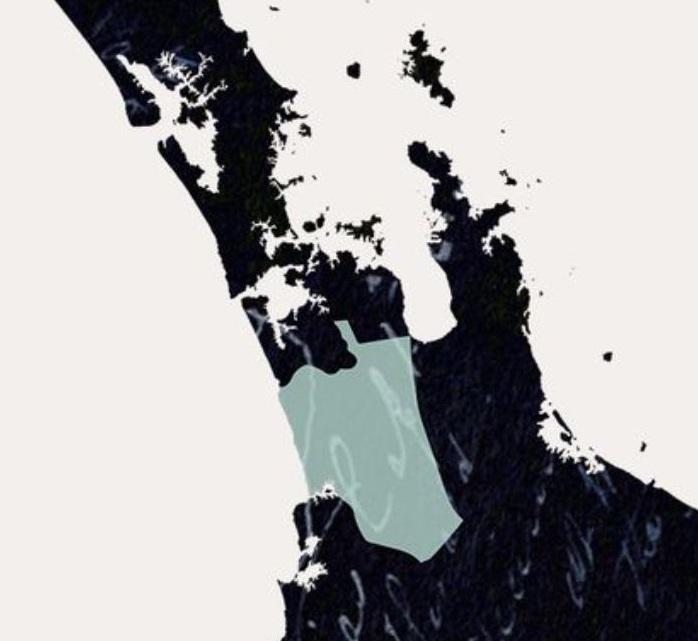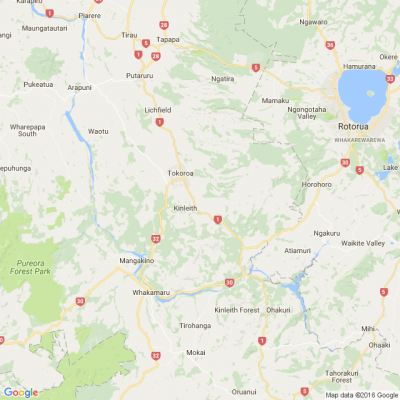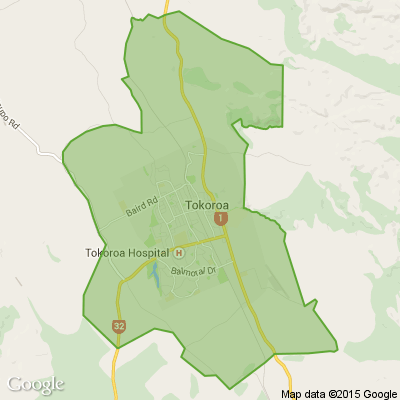NZ MADE/NĀ NIU TĪRENI: Waikato-Tainui Raupatu settlement
The confronting truth of what happened in our recent past is something New Zealanders have to reckon with. When the Treaty of Waitangi was signed, Māori owned more than 66 million acres of land. By 1975, almost 97 per cent had been sold or taken.
The land wars of the 1860s saw the confiscation of half a million hectares in Waikato. People were driven from their homes. The second Māori king, Tāwhiao, and his followers became refugees in the King Country.
Find out more about what happened to Waikato-Tainui Raupatu, where you live, and how much the land was settled for - it may surprise.

Have you got New Zealand's best shed? Show us and win!
Once again, Resene and NZ Gardener are on the hunt for New Zealand’s best shed! Send in the photos and the stories behind your man caves, she sheds, clever upcycled spaces, potty potting sheds and colourful chicken coops. The Resene Shed of the Year 2026 winner receives $1000 Resene ColorShop voucher, a $908 large Vegepod Starter Pack and a one-year subscription to NZ Gardener. To enter, tell us in writing (no more than 500 words) why your garden shed is New Zealand’s best, and send up to five high-quality photos by email to mailbox@nzgardener.co.nz. Entries close February 23, 2026.

Poll: 🤖 What skills do you think give a CV the ultimate edge in a robot-filled workplace?
The Reserve Bank has shared some pretty blunt advice: there’s no such thing as a “safe” job anymore 🛟😑
Robots are stepping into repetitive roles in factories, plants and warehouses. AI is taking care of the admin tasks that once filled many mid-level office jobs.
We want to know: As the world evolves, what skills do you think give a CV the ultimate edge in a robot-filled workplace?
Want to read more? The Press has you covered!

-
53% Human-centred experience and communication
-
15.7% Critical thinking
-
28.8% Resilience and adaptability
-
2.5% Other - I will share below!
The latest product recalls
We are bringing you the latest list of recalled products from across the country. Make sure you aren't using these at home!
Click on the blue text to learn more about that particular product and why it was recalled.
Food and household item recalls:
⚠️Cereulide toxin risk in Nestlé brand Alfamino Infant Formula (0-12 months) recalled due to the possible presence of the toxin cereulide
Nestlé Milo Dipped Snack Bars
BC Hot Water Bottles sold at Bargain Chemist
Product Recalls: Infant care and clothing
Nature Baby Sleeping Gown
Product Recalls: Toys
Sensory Game Controller - sold at Kmart
Product Recalls: Cosmetics
Outside Beauty & Skincare SPF 50+ Mineral Primer (2 batches)
Anessa and Shiseido Anessa sunscreens sold only at Daikoku
Biore and Kao Biore sunscreens sold only at Daikoku
Kose Sunscreens sold only at Daikoku
Mentholatum sunscreens sold only at Daikoku
Pigeon sunscreens sold only at Daikoku
Rohto sunscreens sold only at Daikoku
Product Recalls: Electronics
Harvest Right Freeze Dryer HRFDSBKP-PP sold at Costco
Product Recalls: Other
Michelin X Multi Z and X Line Energy Z, size: 355/50R22.5, load/speed index:156K
UPDATED GASGAS Motorcycles: GASGAS Cross Country and Motocross model motorcycles with BRAKTEC brake system. New VINS added
Check the New Zealand Transport Agency's handy vehicle recall list here.
See past months' recalls. Stay safe, neighbours!













 Loading…
Loading…